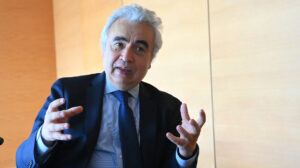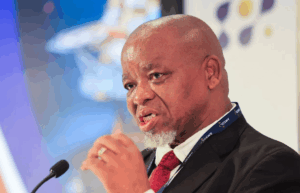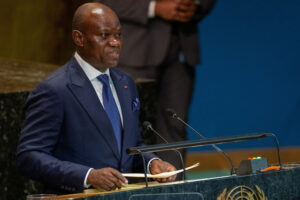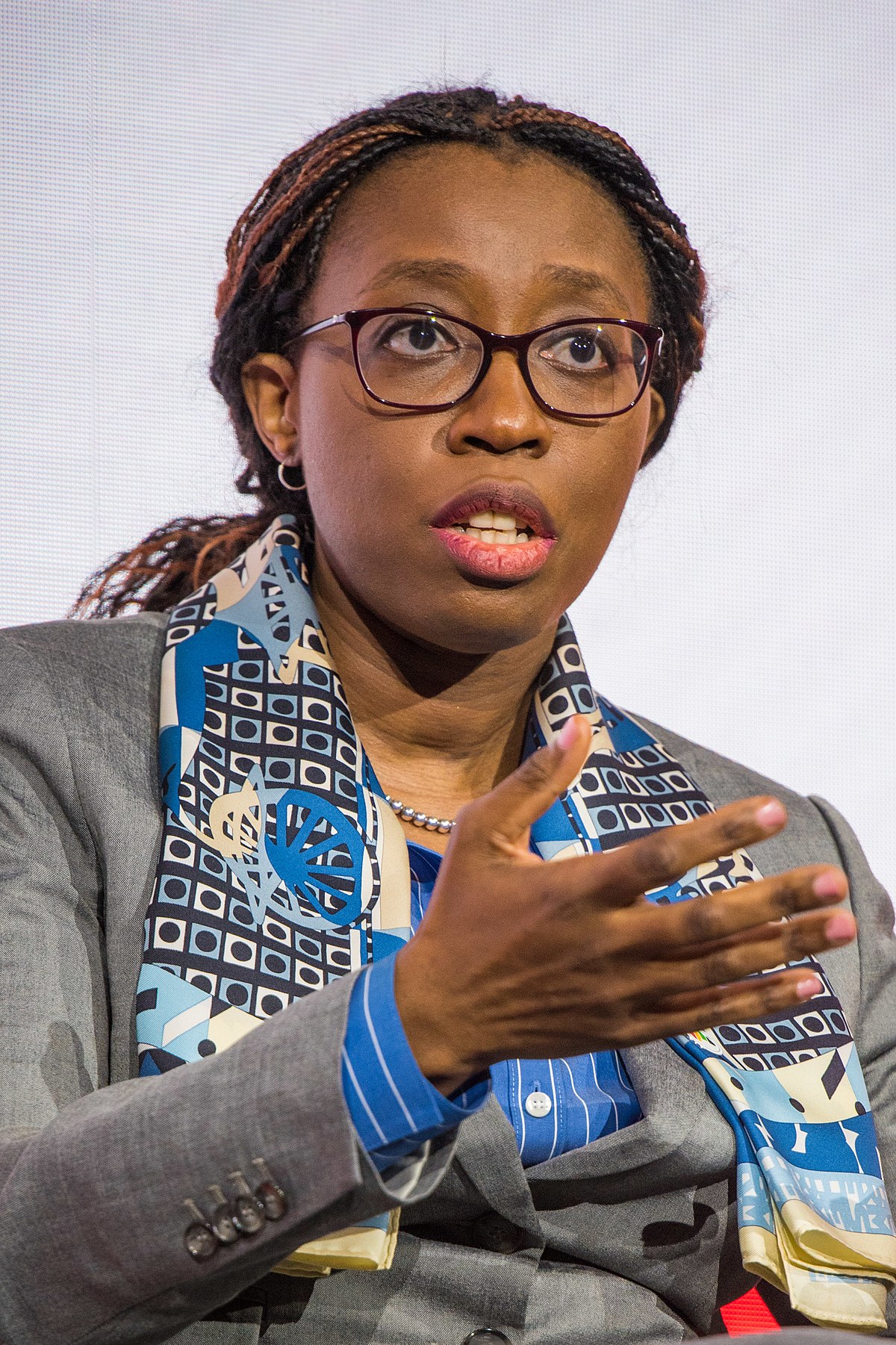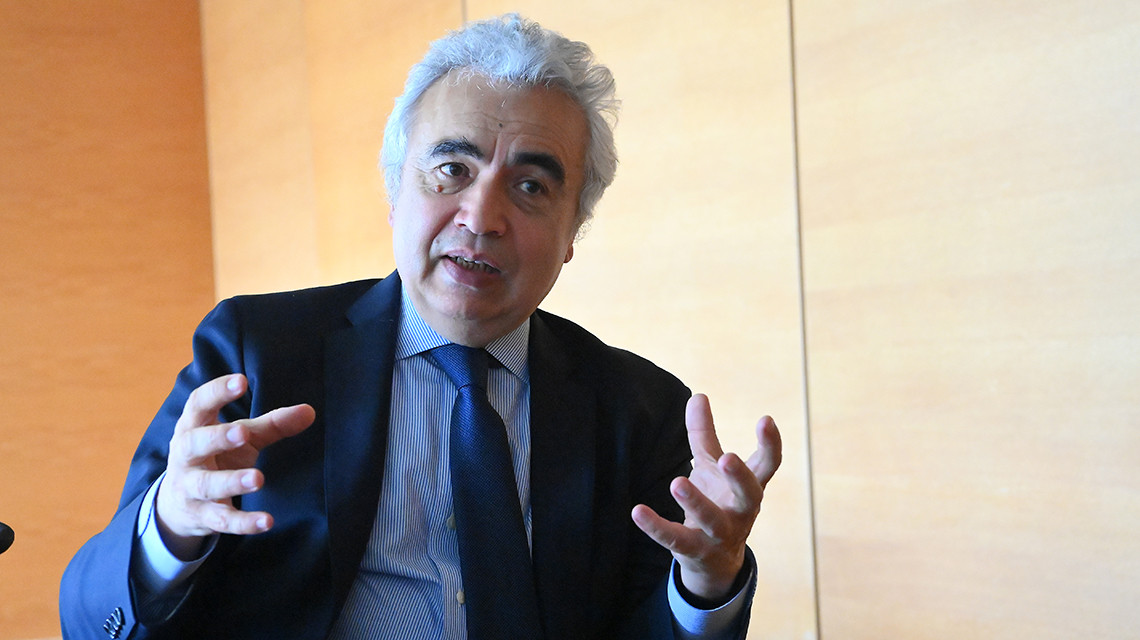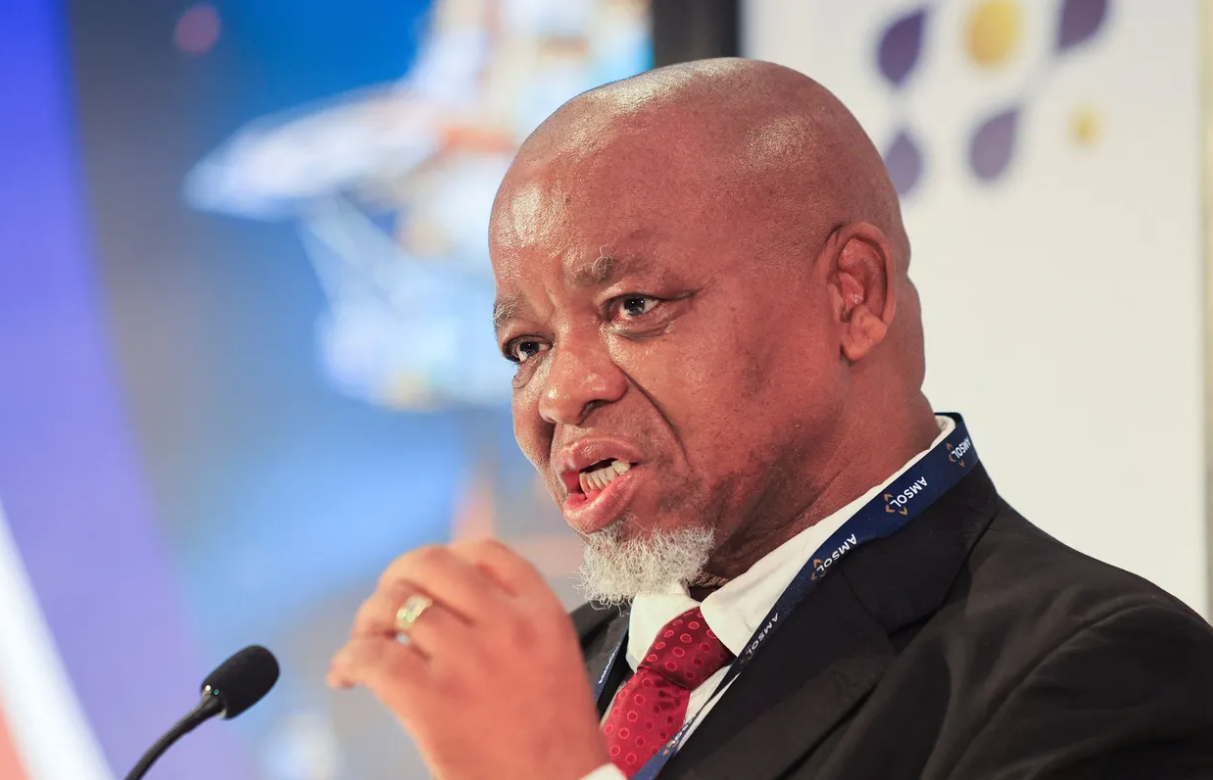Global experts meeting during a panel session at the 27th global climate summit (COP27) in Egypt have endorsed a new climate finance roadmap to mobilize $1 trillion in annual external finance required by emerging markets and developing countries—excluding China.
According to the report, the world needs a breakthrough and a new roadmap on climate finance that can mobilise the $1 trillion per year in external finance that will be needed by 2030 for emerging markets and developing countries (EMDCs) other than China. There is a significant role for public policy and government action to foster investment, and complementary roles for the private sector, MDBs, international financial institutions (IFIs), and concessional finance of various forms. Powerful multipliers can emerge from the complementary strengths of all sources of finance.
The roadmap draws on the findings of a recently released report, Finance for climate action: Scaling up investment for climate and development, produced by a panel of experts chaired by Vera Songwe and Lord Nicholas Stern.
Vera Songwe, born in Cameroon, is a nonresident senior fellow in the Africa Growth Initiative at the Brookings Institution. Most recently, she was an Under-Secretary-General at the United Nations and Executive Secretary of the United Nations Economic Commission for Africa.
Previously, Songwe was Regional Director Africa covering West and Central Africa for the International Finance Corporation, and Country Director for Senegal, Cape Verde, The Gambia, Guinea Bissau, and Mauritania at the World Bank.. She is a member of the African Leadership Network.
Songwe said investment priorities must encompass transformation of the energy system, address developing countries’ growing vulnerability to climate change and undo earlier harm to natural capital and biodiversity.
“The scale of investments needed in emerging markets and developing countries over the next five years and beyond will require a debt and financing strategy that tackles festering debt difficulties, especially those of poor and vulnerable countries,” Songwe said. She added that reforms must lead to a major expansion of domestic and international finance –public and private, concessional and non-concessional.
In other reports, the World Bank has called on developed countries to deliver on their climate finance promises to support the just transition to a low carbon and climate resilient Africa. In a blog titled COP27: The African COP and the risk of a global U-turn to the Paris Agreement, the Word Bank states that “African governments are at the centre and should aim to dramatically increase their share of international climate finance flows from the current 3%, given the scale of their adaptation needs, the renewable energy potential of the continent, and the need for a just transition”
According to the World Bank, the amount of investment needed globally to meet the climate goals set in the Paris Agreement are enormous. On mitigation, it is estimated that an annual average investment of around $2.4 trillion in the energy sector alone between 2016 and 2035, representing about 2.5% of the world GDP, would be needed. On adaptation, the World Bank Group estimates that Low- and Middle-Income Countries (LMICs) would need between 2 and 8% of GDP per year for investments in new and climate resilient infrastructure by 2030.
The Bank says whilst globall climate finance has grown rapidly over the past few years, reaching record levels of $632 billion between 2019 and 2020, it stills fall short of what is needed to achieve the Paris Agreement, and African countries struggle to mobilize such amounts for climate finance. In addition, the majority of climate finance originating from developed countries is spent on domestic projects. The Climate Policy Initiative (CPI) estimated that only 25% of the 2019/2020 tracked climate investments crossed the borders, while 75% were reinvested domestically. The Asia-Pacific region remains by and large the main destination of global climate finance flows, driven by massive investments in renewable energy by China, existing enabling environments in the region, and an active engagement with climate finance donors. Sub-Saharan Africa only mobilizes 3% of global climate finance flows, despite being the most vulnerable continent to the impacts of climate change.
Failure to deliver climate finance for Africa would compromise its climate ambitions and increase the risk of a global U-turn to the Paris Agreement. Many African countries depend on fossil fuels for their energy needs. Without access to climate finance, they would not be able to implement their revised NDCs and transition to a low-carbon and climate resilient economy. Instead, they would likely deepen their fossil fuel dependence to meet their growing energy needs.
In addition, the energy crisis caused by the war in Ukraine and the lingering impacts of the COVID-19 pandemic are also pushing governments around the world, including in Africa, to increase their oil and coal production. For instance, while the pandemic has caused a drop in emissions, the drop was temporary and emissions have climbed back to about where they were before the pandemic. The conjugation of these factors could lead to a global U-turn to the Paris Agreement.
To avoid such a global U-turn, it is key that COP 27 ensure that political will and financial power are delivered to support the just transition to a low-carbon and climate resilient Africa.
Additional sources: https://blogs.worldbank.org/africacan/cop27-african-cop-and-risk-global-u-turn-paris-agreement



